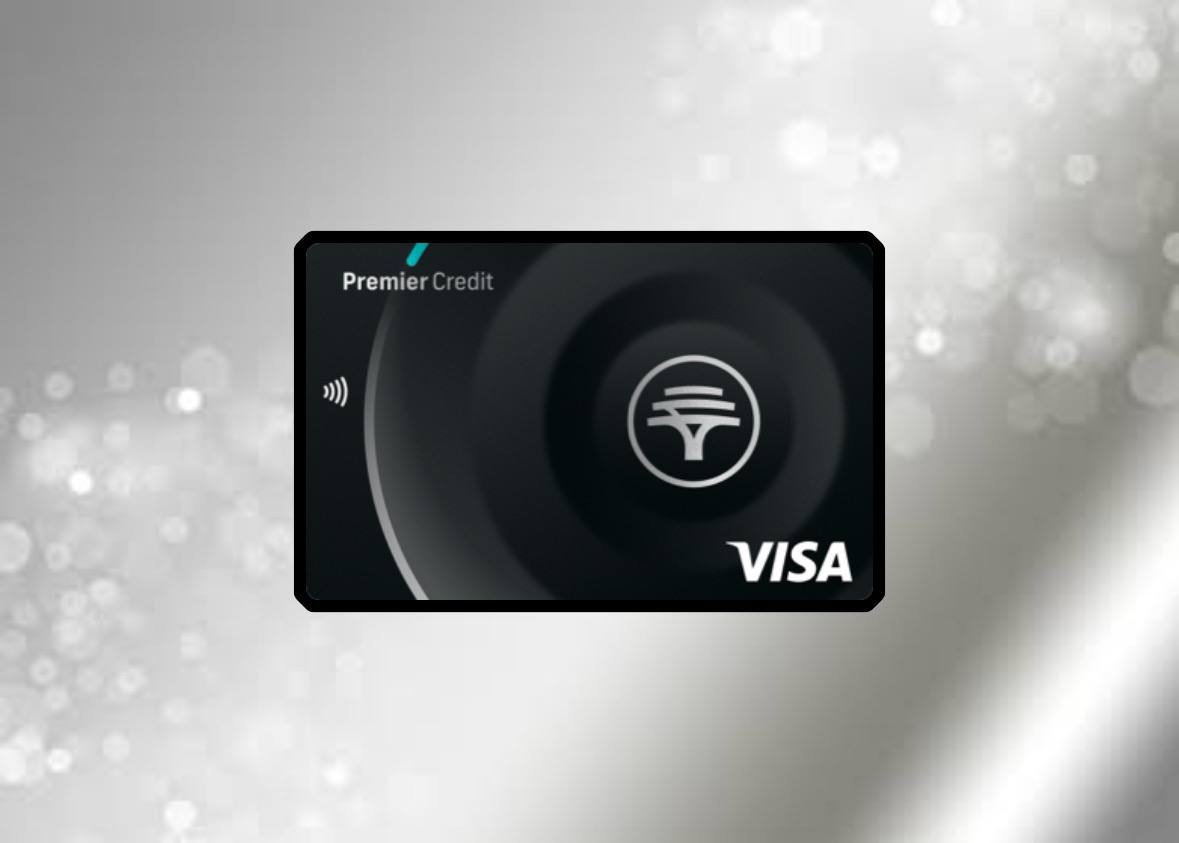The Complete Guide to Budgeting for Freelancers: Organize, Save, Achieve
Embracing freelance work offers numerous perks, yet it also brings its own set of hurdles—financial planning being one of them. Explore these helpful tips.
Being a freelancer grants you the freedom and flexibility to earn independently.
Yet, with that independence comes financial hurdles, particularly in handling inconsistent income alongside fixed costs.

To achieve financial stability and growth, having a solid budget is crucial. This all-inclusive freelancer budgeting guide will assist you in planning, saving, and thriving. Check it out!
Plan: Understand Your Income and Expenses
Unlike traditional jobs with set salaries, freelancers experience fluctuating income. The first step toward a successful budget is grasping your financial situation.
Calculate Your Monthly Earnings
If you’ve been freelancing for a while, review your earnings from the last few months and find the average.
While it may not be perfectly precise, this average will give you a clearer picture of your financial trajectory. If you’re a newbie, approach your estimates with caution.
Additionally, take into account seasonal variations and shifts in demand for your services, which are quite common in freelancing.
Organize Your Expenses
Sort your expenses into fixed and variable categories:
- Fixed Costs: rent, insurance, phone plans, software subscriptions, etc.
- Variable Costs: food, entertainment, transport, education expenses, etc.
- Business Expenses: marketing, hosting, platform fees, materials, tools.
Save: Create an Emergency Fund
Financial uncertainty is a major hurdle for freelancers. To prevent crises during lean times, it’s essential to establish an emergency fund.
How Much Should You Set Aside?
Freelancers should aim to save enough to cover six months of fixed expenses, a wise guideline for anyone.
How Can You Create This Fund?
- Save a set percentage of your monthly earnings (like 10-20%).
- Utilize high-yield savings accounts available in the U.S., such as those from Ally Bank, Marcus by Goldman Sachs, or Discover Bank.
- Refrain from using these funds for non-emergency situations.
Achieve Success: Strategies for Boosting Income and Cutting Costs
After setting a budget and creating a financial cushion, the next move is to enhance your income and eliminate unnecessary expenses.
Broaden Your Income Sources
Having various income sources minimizes the risk of losing a client. Here are some ideas:
- Providing additional related services.
- Developing digital products (like courses, e-books, templates).
- Generating revenue from content (YouTube, blogs, podcasts).
Utilize Financial Tools
There are numerous free and paid tools in the U.S. designed to assist freelancers in managing their finances, such as:
- QuickBooks Self-Employed: keeps track of income, expenses, and taxes.
- Mint: helps you monitor spending and savings.
- Wave: provides free invoicing and cash flow tools.
Eliminate Unnecessary Costs
Explore strategies to reduce unnecessary costs; it’s tough, but it’s essential:
- Curb unnecessary software subscriptions.
- Consider working from home to cut coworking space costs.
- Look into more affordable phone plans and cash-back credit cards.
- Utilize tax deductions available for U.S. freelancers (internet, home office, equipment, and training).
Get Ready for Tax Season
In the U.S., freelancers are regarded as self-employed individuals, responsible for paying a self-employment tax that funds Social Security and Medicare.
How to Get Ready?
Discover how to be ready for tax season:
- Save about 25-30% of your earnings for taxes.
- Submit quarterly estimated tax payments to the IRS to dodge penalties.
- Use tools like TurboTax Self-Employed to streamline your tax filing.
Tax Write-Offs
Make the most out of every deduction available, including:
- Home office deductions.
- Tools and software.
- Training and courses.
- Freelance platform fees.
Invest in Your Future
For freelancers, ensuring a secure retirement can be tricky due to the lack of employer contributions. Therefore, it’s vital to invest wisely. Here are some top options:
Retirement Options
- IRA (Traditional or Roth): individual retirement accounts with tax advantages.
- SEP IRA: perfect for self-employed, allowing higher contributions.
Alternative Investments
- Index funds and ETFs for portfolio diversity.
- Gain passive income from real estate or dividends.
Regularly Update Your Budget
The life of a freelancer is ever-evolving, and your budget should reflect those changes.
Evaluate your finances each month and modify your objectives as your income increases. Stay informed about market trends to keep your financial health in check.





